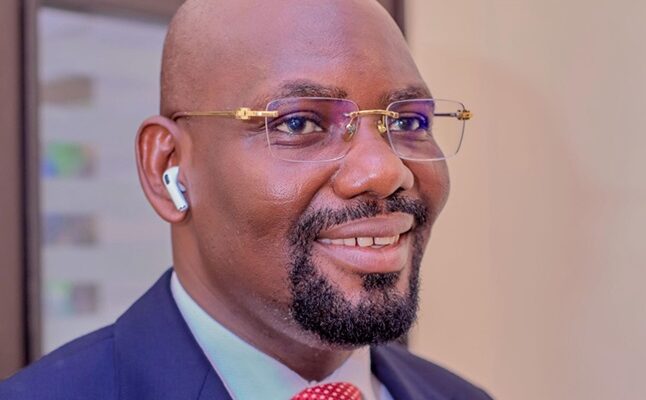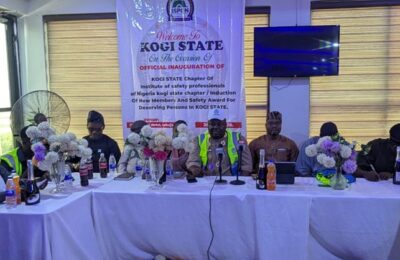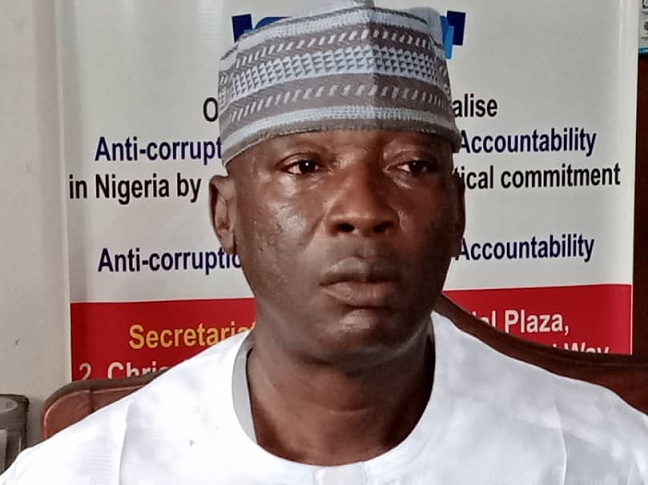In an era dominated by social media, digital journalism, and instantaneous information exchange, the boundaries between truth and falsehood have become increasingly blurred. Information now moves faster than verification, and narratives; whether factual or fabricated can go viral within minutes. This reality presents a profound challenge for national security institutions, particularly the military, whose operations depend on secrecy, accuracy, credibility, and public trust.
The Nigerian military, like others across the world, has encountered situations where misinformation and sensational media reports undermine operational success, threaten troop morale, or erode citizens’ confidence. Social media has become a platform where images from foreign conflict zones are frequently circulated as scenes from Nigeria, and where the corpses of our fallen heroes; servicemen and women who gave their all in defence of the nation’s territorial integrity are displayed before official communication reaches their families. Such practices are not only unethical but also demoralizing to serving personnel and their loved ones.
In years past, it was almost impossible to find a military officer on the street or to see top military personnel, especially service chiefs, appearing on national television or radio to confirm or deny operational matters. The military has always been one of the most disciplined components of government, guided by a strategic modus operandi deeply rooted in confidentiality and professionalism. However, the advent of social media has democratized information dissemination. Every individual with a smartphone now has the power to create, manipulate, and distribute information. While this has empowered citizens, it has also flooded the public space with half-truths, propaganda, and deliberate misinformation.
One of the Achilles’ heels of the former Chief of Defence Staff, General Christopher Musa, was his miscalculated communication strategy. His frequent media engagements and public responses, even to content creators, revealed a worrying departure from military tradition. The Chief of Defence Staff, being the highest-ranking uniformed officer, is primarily responsible for coordinating overall military strategy, operations, and readiness. Routine public communication is typically handled by service spokespersons through structured press releases. For instance, in 2007, Israeli defence intelligence warned that “parading high-ranking officers nightly or in the morning papers is a disaster for the army,” emphasizing that frequent public appearances by the Chief of Staff contradict established global military practice. Defence chiefs do not address the public as government spokesmen; their communication must be strategic, rare, and reserved for moments of national significance.
As a lawyer, public relations expert, and policy analyst, I am a firm advocate of freedom of information. However, when it concerns military operations and collective defence strategies, the sanctity of secrecy must be preserved. The pertinent question, therefore, is how the military should ethically and strategically communicate with the public in an era where social media dictates the news cycle. The answer lies in balancing ethical standards; truthfulness and accuracy, confidentiality and operational security, respect for human dignity, non-partisanship and objectivity, accountability, and measured transparency.
The current structure, where each service arm; the Army, Navy, and Air Force has its own spokesperson, often results in inconsistent messaging. A more coherent approach is needed through the establishment of a centralized communication framework such as a Directorate of Defence Media Operations (DDMO), comprising spokespersons from the various service branches and the Office of the Chief of Defence Staff. Communication should emanate from this central office to ensure uniformity, coordination, and credibility, aligning every public statement with national security objectives and the approved communication strategy.
I wish to also state here that the current spokespersons are well-trained and have demonstrated high level of strategic communication, journalism ethics, crisis management, and public relations. Understanding media framing will enable them to respond effectively to misinformation without inadvertently amplifying it. Furthermore, the military should not wait for fake news to gain traction before responding. It must cultivate a proactive communication culture, one that is reflected in decisive actions rather than mere verbal rebuttals. The social media space is now the primary battleground for information warfare, and the military must institutionalize specialized cyber monitoring and response units capable of detecting, tracking, and countering false narratives in real time, all within the bounds of the law and without infringing on citizens’ rights.
Building trust with credible journalists is equally essential. Such relationships ensure that the media verifies information with the military before publication, thereby reducing the spread of misinformation. However, not every rumor deserves a response. The military must discern between falsehoods that pose real national security risks and those that are inconsequential. Overreacting to every online provocation lends undue attention to trivial matters, whereas strategic silence and selective engagement preserve credibility.
Too much disclosure can expose sensitive details or operational patterns which amounts to operational risk as well as loss of gravitas because constant appearances may erode the aura of professionalism, turning serious communication into reactive chatter. Excessive media appearances by senior officers create “information fatigue,” where official statements lose weight and begin to sound defensive or repetitive. In politically charged environments, this can also blur the line between defence communication and political propaganda.
Another worrying trend is the growing online presence of individual service members who share operational commentaries or even engage in content creation. This is a sharp departure from the disciplined conduct expected of military personnel. Soldiers’ posts can inadvertently leak sensitive details, compromise missions, or violate codes of conduct. The military must therefore establish strict social media guidelines prohibiting the sharing of operational photos, classified materials, or politically motivated content. Mandatory digital literacy and ethics training, alongside firm disciplinary measures for violations, are necessary to maintain institutional integrity and operational secrecy.
Globally, the ideal communication posture for the military is measured transparency; speaking when necessary and maintaining strategic silence when appropriate. Engagement should be reserved for addressing misinformation that threatens national security or public morale. The military should not issue statements over trivial matters such as altercations involving personnel and civilians, as was recently witnessed in Warri. The Nigerian military remains one of the most disciplined establishments in the country, built on resilience, sacrifice, and professionalism.
In times of conflict or insurgency, the stakes are even higher. Military communication must reassure citizens without overpromising, condemn attacks without glorifying terrorists, and maintain composure even under pressure. Publicly stating that insurgents are better equipped than the military is not only demoralizing but also strategically counterproductive, spreading fear and doubt among citizens.
In today’s interconnected and highly digitalized world, warfare is no longer confined to the battlefield, it extends to the realm of public perception. Lies, half-truths, and sensational narratives can destroy years of credibility within hours. Hence, ethical, disciplined, and intelligence-driven communication is not optional; it is integral to modern defence strategy. The military must engage the media selectively, communicate truthfully, manage narratives proactively, and maintain its ethical commitment to accuracy, confidentiality, and professionalism.
Ultimately, credibility remains the military’s most powerful weapon in the information age. Once the public trusts that when the military speaks, it speaks the truth, no propaganda or disinformation can prevail against that trust.
– ONOGWU Muhammed, Esq. is a Nigerian lawyer, public relations professional, and holder of a Master’s degree in International Affairs and Diplomacy. His work explores the intersection of law, communication, governance, and society.




